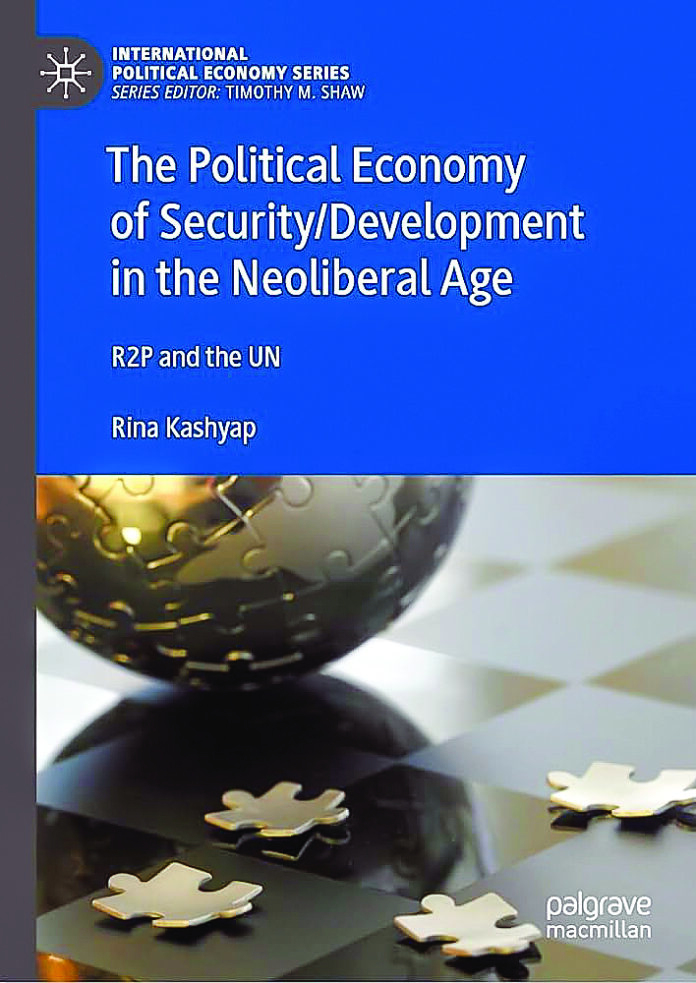Exploring R2P through the Lens of Political Economy: A Review of Dr Rina Kashyap’s Latest Book
In a comprehensive new volume titled “The Political Economy of Security/Development in the Neoliberal Age: R2P and the UN,” Dr. Rina Kashyap delves into the intricate discourse surrounding the “responsibility to protect” (R2P) concept within the context of liberal and neoliberal political economies. The book is praised for being a pioneering effort in analyzing R2P through the prism of political economy, examining its emergence and evolution in response to global geopolitical dynamics. Dr. Kashyap explores the formal articulation of R2P by the International Commission on Intervention and State Sovereignty in 2001 and its endorsement by the UN General Assembly in 2005, emphasizing the duty of states to shield their populations from atrocities such as genocide and war crimes.
Dr. Kashyap’s work stands out for its thorough investigation into the interplay between security and development, proposing that the goals of R2P transcend merely safeguarding physical security to encompass broader developmental obligations. The book scrutinizes the political dilemmas inherent in balancing human life protection with specific development pathways, shedding light on the complex relationship between liberal and neoliberal economic policies and their implications for free market definitions.
A significant portion of the discourse focuses on how international financial institutions like the World Bank and the IMF integrate R2P into their policies, particularly concerning violent conflicts. Dr. Kashyap critically assesses these organizations’ approaches to governance and their political challenges, suggesting a need for greater objectivity and acknowledgment of their inherently political nature.
Asserting that R2P is an evolving concept within the global political economy, the book argues for enhancing its practicality to ensure freedom and accountability worldwide, emphasizing the importance of strengthening UN peacebuilding efforts. Dr. Kashyap uses Afghanistan as a case study to illustrate the challenges and potential solutions in implementing R2P more effectively.
Prof. Arvind Kumar of Jawaharlal Nehru University commends the book for its originality, thorough research, and insightful discussion on R2P, making it a must-read for scholars and practitioners in international relations and political economy. The volume is celebrated as a valuable contribution to the International Political Economy series, offering critical reflections and suggestions for future research in the field.

